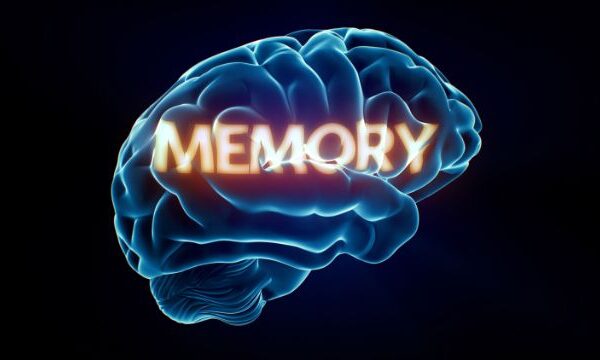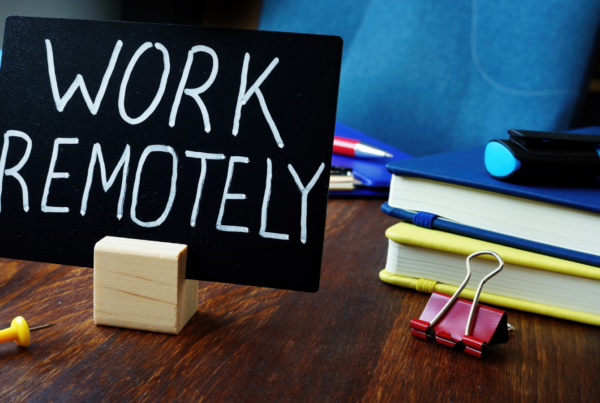Alvin Toffler accurately predicted this world we’re living in now back in the 1970s.
He predicted it in a famous book called “Future Shock.”
There he predicted that computer technology would make change happen so fast that it would be unsettling.
Very unsettling.
And this unsettling feeling (“future shock”) would be constant because of the rate of social change from computer technology. Computer software is so easy to develop that its development would happen at increasingly rapid rates.
That’s what he predicted and he was right.
The Future is Here
This is the world we’ve been living in for the past twenty to thirty years.
And I’m sure you have noticed the rapid change, and perhaps found it a bit unsettling. But don’t despair, Toffler had a prescription for how to deal with this which is also proving to be accurate. I’ll tell you about that in a second, but first…
Here’s another keen insight to ponder. In the early 1990’s author William Gibson observed, “the future’s already here, it’s just not very evenly distributed.”
Meaning…the rapid change Toffler talked about develops in pockets and is not evenly distributed throughout the earth.
Some people are adapting quickly and embracing technological change.
And others are resisting or downplaying technology and are less aware of its power.
Are there any pithy observations about the future of the legal profession?
Why yes there are. Mostly they come from a fellow named Richard Susskind who has written several books on this topic.
Books such as:
- Tomorrow’s Lawyers: An Introduction To Your Future
- The Future of the Professions: How Technology Will Transform the Work of Human Experts
- Online Courts and the Future of Justice
And Susskind’s predictions have largely all been accurate, just like Toffler’s.
Most lawyers ignore Susskind just like most people ignored Toffler.
But if you’re like me, you’d rather know what’s coming before it arrives.
If big changes are coming then why not be prepared?
Why not embrace the inevitable changes, and try to harness the opportunities they bring?
So what inevitable changes are coming to the legal profession in the wake of this current pandemic?
If you follow Richard Susskind on Twitter (as I do) you can see for yourself.

Technology is key to stopping coronavirus from wiping out law firms
Which begs the obvious question…
How can technology prevent pandemics from wiping out law firms?
Here’s what Susskind says:
“If law firms and court systems cannot find a way to work remotely in the coming weeks, Covid-19 will rapidly run them into the ground. To do so they will need systems to manage secure messaging, video calling, online collaboration and virtual meetings. Tools and companies previously unknown to most lawyers and judges — such as the messaging services Signal, Zoom, Slack and Google Hangouts — will be embedded in everyday legal life within a fortnight.
I’ve used all of these tools and I agree with him.
These tools are the future. A future that clearly has not been evenly distributed.
Some lawyers have embraced these tools Some have dabbled with them.
Some have ignored them completely.
And now we’ll find out who’s who.
Who’s learning, who’s dabbling, and who’s oblivious.
As Warren Buffett said “you never know whose swimming naked until the tide goes out.”
Well the tide’s gone out and done so quickly.
What would Alvin Toffler recommend we do?
Well, discussed this in his Future Shock book. He said that the inability to keep up with rapid technological change would (in the future that we’re now living in) be a form of illiteracy.
Or as he put it, “The illiterate of the 21st century will not be those who cannot read and write, but those who cannot learn, unlearn, and relearn.”
I think about this quote all the time, but especially now. I see all the lawyers scrambling to figure out how to work remotely and it just pains me.
They could have been learning how to do this BEFORE this crisis. Not that it’s too late to learn now (it’s not).
Look, it’s always better to keep learning. People who describe themselves as “lifelong learners” are more suited to this world of rapid change.
I don’t know about you, but I like learning new things.
And there are a lot of wonderful new things to learn.
Besides learning, I also like teaching. And that’s why I decided to become a full time teacher instead of practicing law.
If you are interested in learning how to leverage technology I’d love to help you learn.
Take this short law practice assessment to identify your main strengths & weaknesses.
Use technology to radically improve your law practice by focusing on the few core elements that have the biggest impact.






